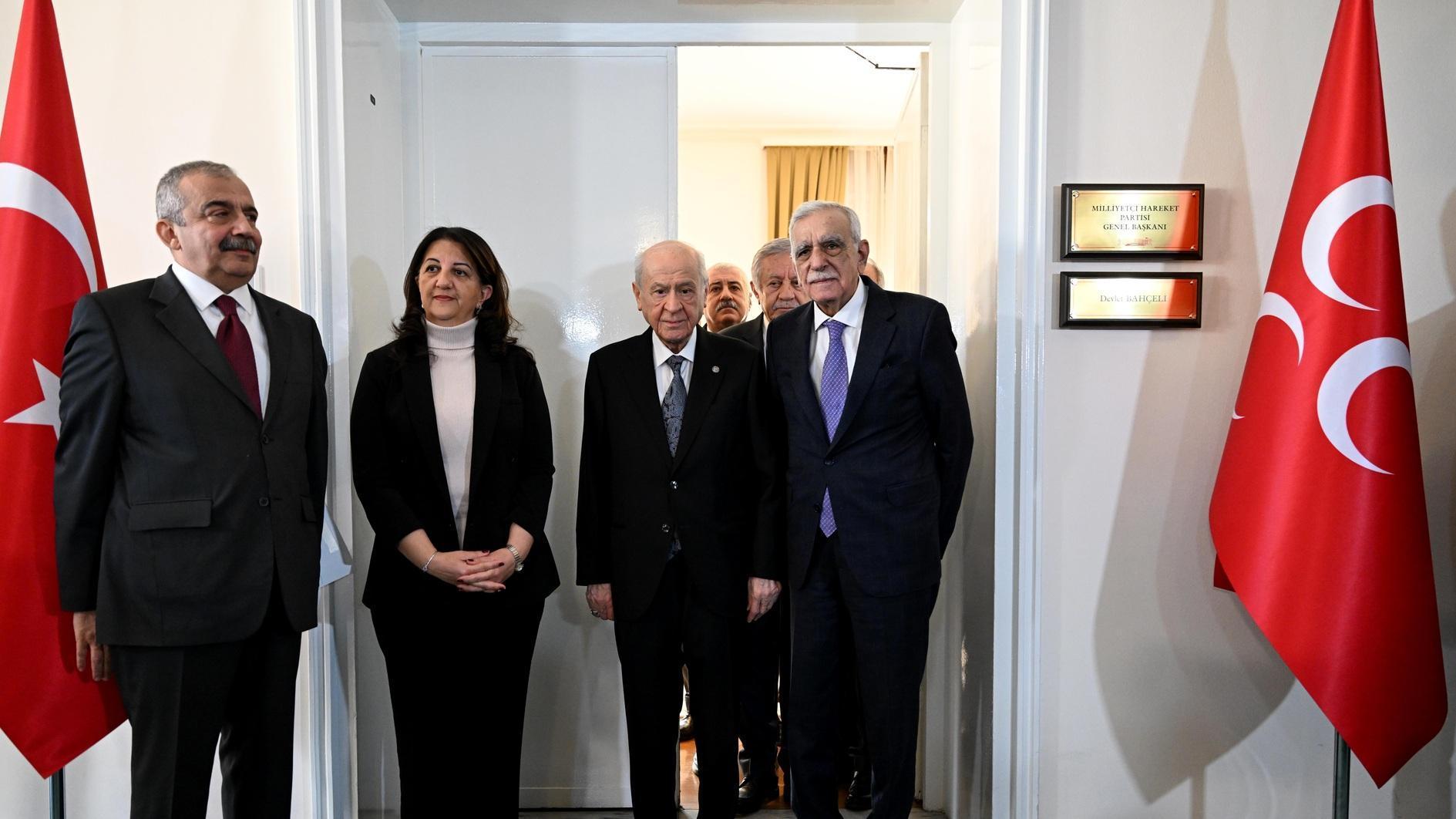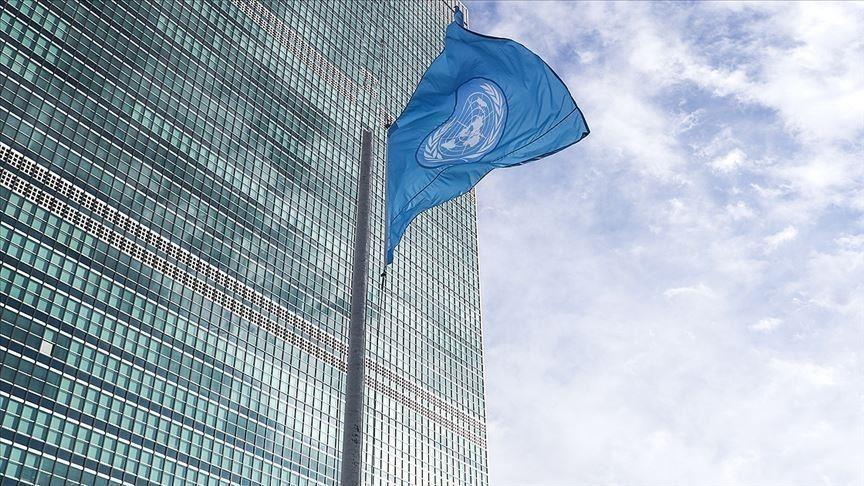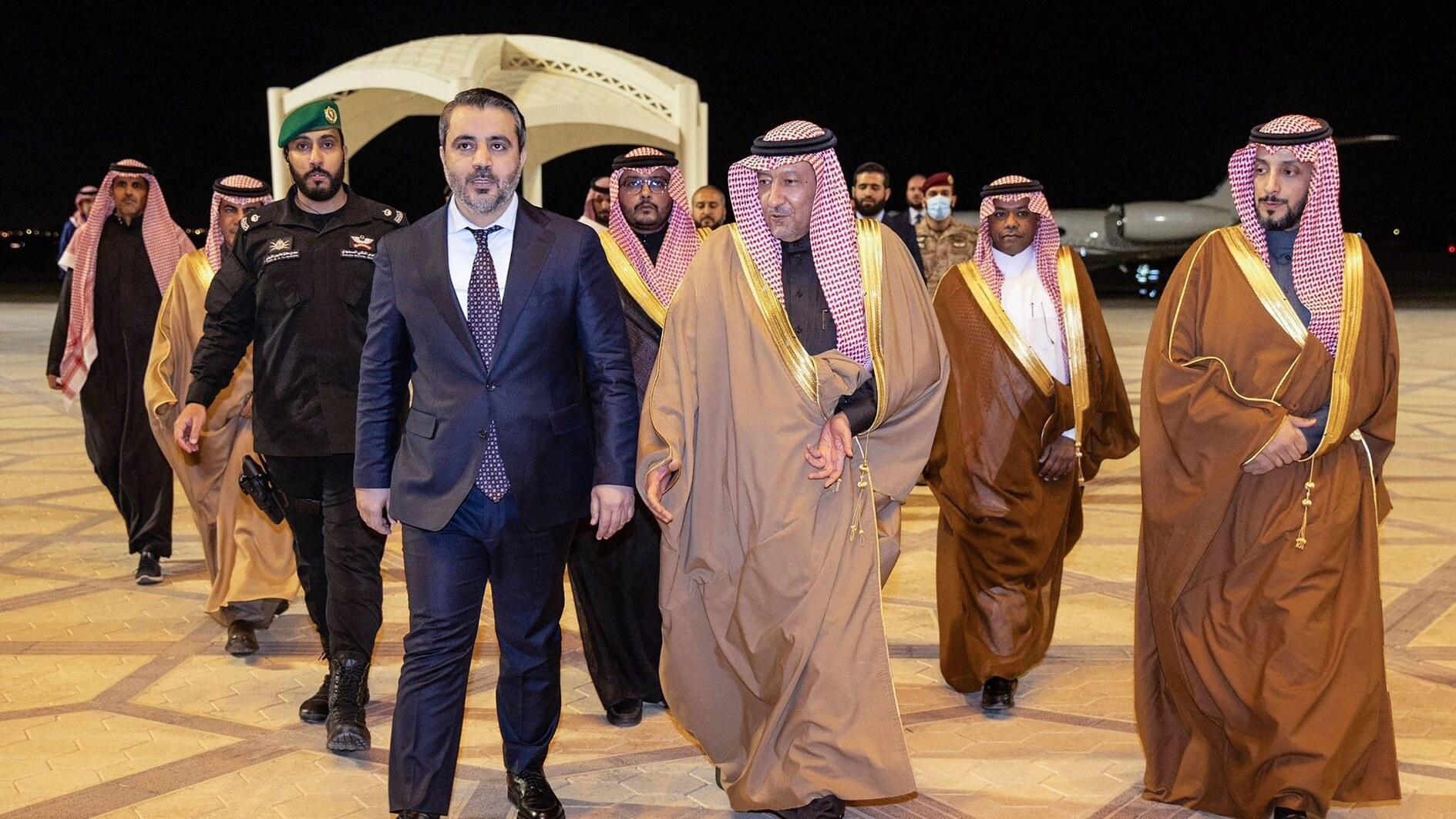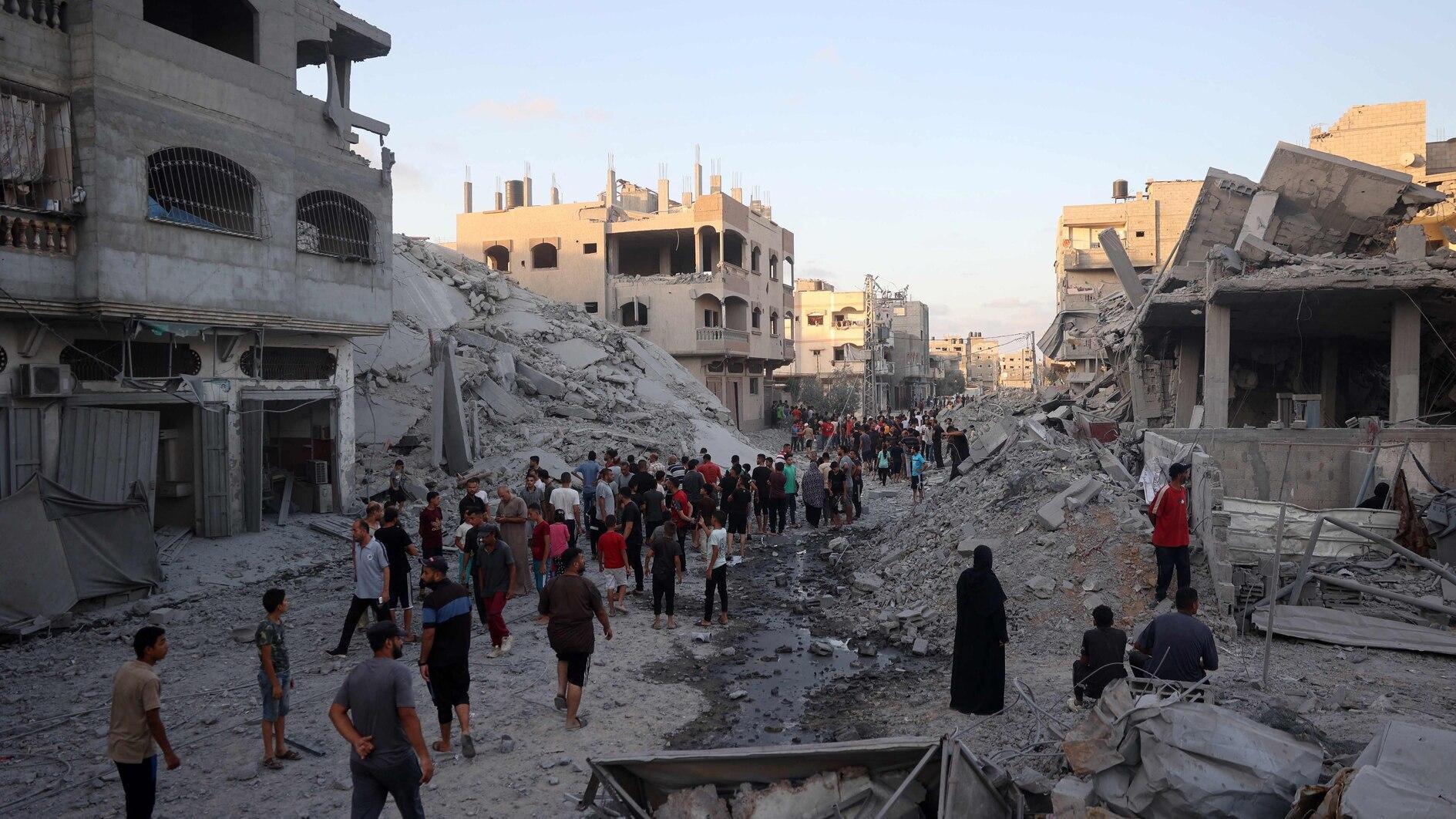How will the anti-ISIL fight impact the Kurdish peace bid?
The entire Middle East is passing through dire straits as the world’s most brutal terror organization, the Islamic State of Iraq and the Levant (ISIL), consolidates its power in Iraq and Syria, storming both countries and turning the lives of non-Sunni communities into a nightmare.
A fresh wave of refugees to Turkey was prompted on Sept. 19 after ISIL seized control of nearly 20 Kurdish villages in northern Syria’s Kobane region. The ISIL militants have intensified their advance to the north of Syria after days of clashes with the region’s main Kurdish armed group, the People’s Defense Forces (YPG) under the Democratic Union Party (PYD).
The deteriorating situation of the Syrian Kurds has prompted reactions from other Kurdish political groups in Turkey and Iraq. Masoud Barzani, the president of the Iraqi Kurdistan Regional Government (KRG), has called on the international community to extend its hand to help the Kurds under jihadist attacks.
Selahattin Demirtaş, the leader of the Peoples' Democratic Party (HDP), has been more hawkish than any other Kurdish politician on the issue, calling on all Kurdish youngsters to join the armed struggle against ISIL.
Demirtaş severely criticized the Turkish government for not actively participating in the international anti-ISIL coalition and for not taking effective military measures against the extremist jihadists.
“Kurds are not only defending Kobane but the entire region. They are also defending Turkey. Everybody should know perfectly well that ISIL is also threatening Istanbul. Those who are keeping silent against ISIL today could be very regretful in the future,” Demirtaş said on Sept. 19.
Another senior Kurdish politician, Hasip Kaplan, was more open in linking the incidents in northern Syria with the ongoing Kurdish resolution process. “If Kobane falls, than Turkey falls, too. The resolution [process] will end in Turkey,” Kaplan said.
The government’s idleness against ISIL, due to its 49 hostages in the hands of jihadist militants, will likely make its position inside and outside Turkey more difficult, and will strain Ankara's ties with its Western and regional allies.
The United States and other prominent Western countries have already begun criticizing Turkey behind closed doors, while the foreign media is questioning the alliance relationship between Turkey and NATO members. ISIL’s attacks on Kurds and Turkish inaction could prompt a similar reaction from the Kurdish political parties, which could weaken the currently strong bonds between Ankara and Arbil and also the resolution process being carried out with the cooperation of Turkey’s Kurdish politicians.
The government is very aware of this danger and is trying to take measures to address it. According to Deputy Prime Minister Yalçın Akdoğan, who is closely following the Kurdish resolution process, the state of the Middle East is in utter turbulence, causing important changes in balances.
“It all increases the importance of Turkey’s resolution process. I see Turkey’s starting of such a process as a historic opportunity amid the ongoing turbulence in the region,” Akdoğan told a group of Ankara bureau chiefs on Sept. 17. He also underlined that Turkey’s moves in the process were the best answer to those who were hoping to foment sectarian- or ethnic-based conflict in Turkey.
“Turkey is introducing an antidote to what’s going on in the Middle East and North Africa. The Turkish example is a clear success story,” he said.
It’s true that the importance of Turkey’s Kurdish resolution process has gained even more importance given the worsening security environment of the Middle East. However, Ankara’s continued inaction against ISIL at the expense of losing its regional allies could drag the country into a more difficult situation. This is why Turkey should recalculate its stance against ISIL, although this will be very difficult due to the ongoing hostage crisis.
As U.S. Secretary of State John Kerry recently said, tough choices await Turkey.











